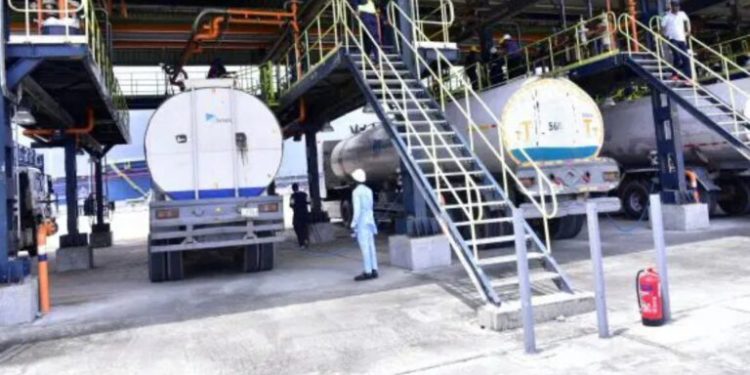The Manufacturers Association of Nigeria (MAN) has called on the Federal Government to fully privatize all state-owned refineries, arguing that only private sector leadership can deliver the operational efficiency and innovation needed to secure Nigeria’s energy future.
Speaking in a recent television interview, the Director-General of MAN said the government should withdraw entirely from the business of refining petroleum. He cited the progress made by the privately owned Dangote Refinery as a clear example of what can be achieved through private investment in the sector.
He explained that private sector involvement has already improved fuel distribution logistics, lowered costs, and enhanced availability of petroleum products nationwide. While he acknowledged that the removal of fuel subsidies initially affected manufacturers, he noted that it has paved the way for needed reforms in the energy value chain.
He criticized Nigeria’s historical dependence on exporting crude oil only to import refined products, calling it a major economic contradiction for a country with abundant oil resources. With the rise of local refining initiatives, particularly through private investments, he said the situation is beginning to improve as fuel prices stabilize and supply chains become more efficient.
Addressing concerns that the growing dominance of the Dangote Refinery could create a monopoly, he dismissed such fears, saying the real problem is inefficiency from other operators. He insisted that performance and value delivery should be the core focus, not the number of players in the market.
Highlighting the burden of energy costs on the sector, he revealed that energy expenses account for over 40 percent of manufacturing costs in Nigeria. He said ramping up the local production of diesel and compressed natural gas would significantly reduce overheads, improve competitiveness, and unlock growth for micro, small, and medium enterprises.
He urged the government to create an enabling environment by offering incentives to private investors while exiting the refining business entirely. According to him, continued public ownership and management of refineries only places a financial burden on citizens without delivering any real benefits.
He concluded by stressing that long-term growth and energy security depend on bold decisions. Full privatization of Nigeria’s refineries, he said, is one of them.










